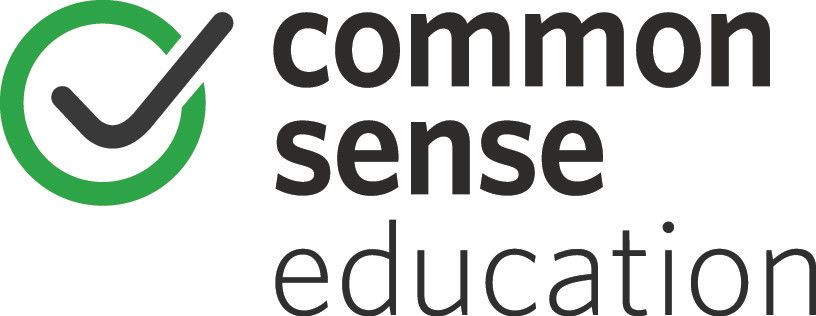By Seth Linden, Founder & CEO of Tutorpedia
Several things become apparent after tutoring for 20
years. For one, the number of students
working with tutors continues to grow.
Two, working 1-1 with students is immensely gratifying, both for the tutor
and tutee. And three, a few specific yet
generalized characteristics become crystalized about all successful
tutors. At our annual event Education By Design this past
February benefiting the Tutorpedia Foundation, SFUSD teacher Sekani Moyenda could
not have said it better:
“When you have a tutor who can sit with
your students 1-1 for a significant period of time, you get insight into what
is really going on.”
Cases in point: Ashanti
got better at focusing and getting her work done. Mariah raised her scores 33% on reading tests. Bianca
is now going to college. And on and on…
During his featured
#EdByDesign talk, Brian Greenberg (CEO of Silicon Schools Fund), who
advocates for “de-risking innovation,” referred to a study done by Benjamin
Bloom that found that the average student tutored one-to-one using .1
Senator Mark Leno (D-San Francisco) and Beyond12 CEO Alex Bernadotte
both agreed, saying we need more private partners to help increase the 8%
graduation rate of low-income, first-generation students from college.
Personalized tutoring fills a niche that can’t be filled in
today’s schools alone. Tutoring is becoming
more common with blended learning more prevalent in local schools like Summit
Prep in Redwood City and San Jose. The Gates Foundation is also getting
involved giving grants to innovative online tutoring companies like Tutor.com
and Khan Academy. More and more parents
and educators are realizing that tutoring gets to the heart of learning, personalizing
the meaning and instruction of the subject at hand. For us at Tutorpedia, it’s all about
in-person, 1-1 tutoring. With all the
distraction in today’s hyper-technological world, some face-to-face interaction
through mentoring, tutoring and coaching are exactly what students need most.
So what makes a successful tutor?
After running
Tutorpedia, a hybrid
tutoring company providing 1-1 academic support for the last 8 years, I have
found several consistent factors that continuously make for successful tutors,
who routinely improve student academic performance and increase students’
self-efficacy. We hire our tutors after carefully
vetting them to align their qualifications, characteristics, reference checks
and education philosophy with our vision and values.
1) Successful tutors
build strong, personal relationships with their students. Tutors fill a
different role than teachers and parents, and that puts them in a unique
position to support students.
Personal relationships are foundational to student success – the
more connected a student feels to his or her tutor, the more trust and respect
is created, which are essential ingredients for students to learn well. When a tutor listens and spends time building
a relationship with his or her student, the tutor can truly personalize the
learning, incorporate connections to the student’s interests, teach to the student’s
strengths, and minimize the student’s weaknesses. We’ve found that 95% of our students were more
likely to increase their homework completion and accuracy with a tutor who
builds a strong, personal relationship with them. Also, our students were 86% more likely to set
goals, use their weekly agenda, and improve their general study skills and
organizational strategies.
2) Successful tutors listen
and communicate early and often with parents and teachers. Communication and collaboration with all
student stakeholders are key factors to student success. When tutors focus on goal
setting, creating benchmarks, and planning backwards, this sets students up for
academic progress. Tutorpedia tutors
co-create Individualized Learning Plans with their students, in collaboration
with parents and teachers, to leverage insight from key adults in students’
lives to map a better plan for success and accountability. When tutors communicated with teachers, we
found that students were 83% more likely to participate in class, and 72% more
likely to engage with school. Again, Ms.
Moyenda from SFUSD agrees: “When Sarah (Ashanti’s tutor) asks me, ‘Is there anything specific you need me to
know?’ That’s all I need a tutor to
ask me… As Sarah gets to know Ashanti better, I get to know Ashanti better.”
3) Successful tutors
have specific content expertise, and can make learning real, relevant, and
rigorous. Successful tutors are experts in their academic content – they know
the subject’s concepts, ideas, and problems inside and out. Even though most tutors may never get to
facilitate a custom project-based learning session, they can discuss and
introduce the rigor of real-life applications.
Tutors who can turn school assignments into project-based
activities and provide opportunities for real, hands-on work instead of
abstract assignments or rote worksheets, engage students more. Tutors who can make learning relevant to
students’ interests create more students who actually care about what they are
learning. And finally, tutors who make
learning appropriately rigorous, who make learning challenging enough, but not
too tough where students get frustrated and stop trying, the more growth we see
in student progress. We found 90% of our
students improved their academic achievement as measured by grade improvement,
and 71% improved their standardized test scores, with our tutors who were
content experts.







No comments:
Post a Comment